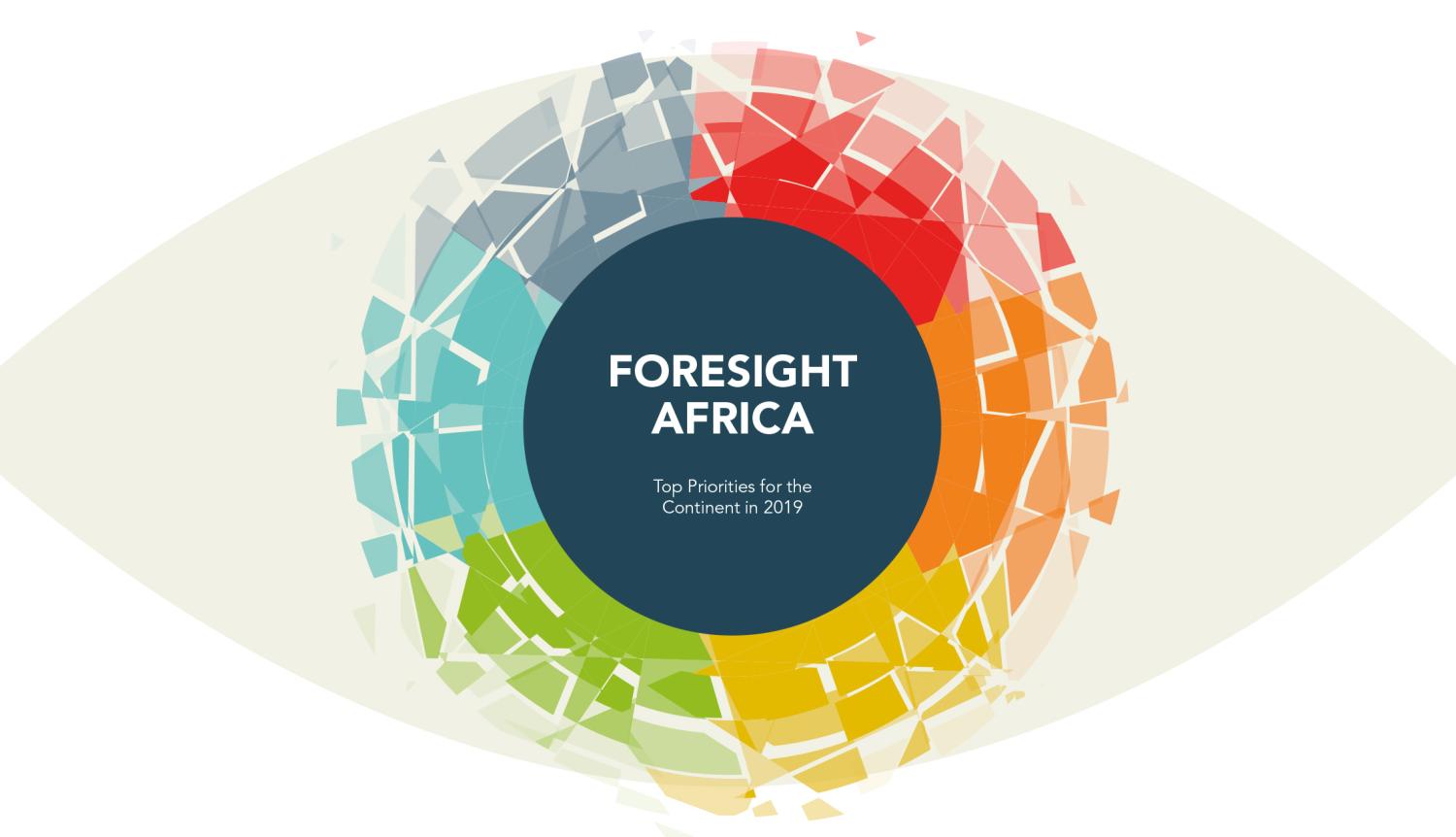In this year’s Foresight Africa, AGI scholars and invited experts illuminate the priorities of the continent in 2019, delving into six overarching themes with recommendations for tackling the challenges that lie ahead. This unprecedented dynamism of the continent is creating opportunities for trade and investment and is drawing interest from an increasingly diverse group of external partners. Democracy is consolidating, although the prevalence of tensions and, in some countries, violence during elections point to areas for improvement. The demographic tidal wave looms closer, and job creation has not yet been able to catch up. Despite continued progress on governance, more efforts are needed to eradicate corruption and to elevate the voice of women and young people in the decisionmaking.
Africa is brimming with promise and, in some places, peril. With its array of contributions, this year’s edition reflects both the diversity of the continent and the common threads that bind it together. With that aim, we hope to promote and inform a dialogue that will generate sound practical strategies for achieving shared prosperity across the continent.
Bolstering good governance
The imperative of inclusion and efficiency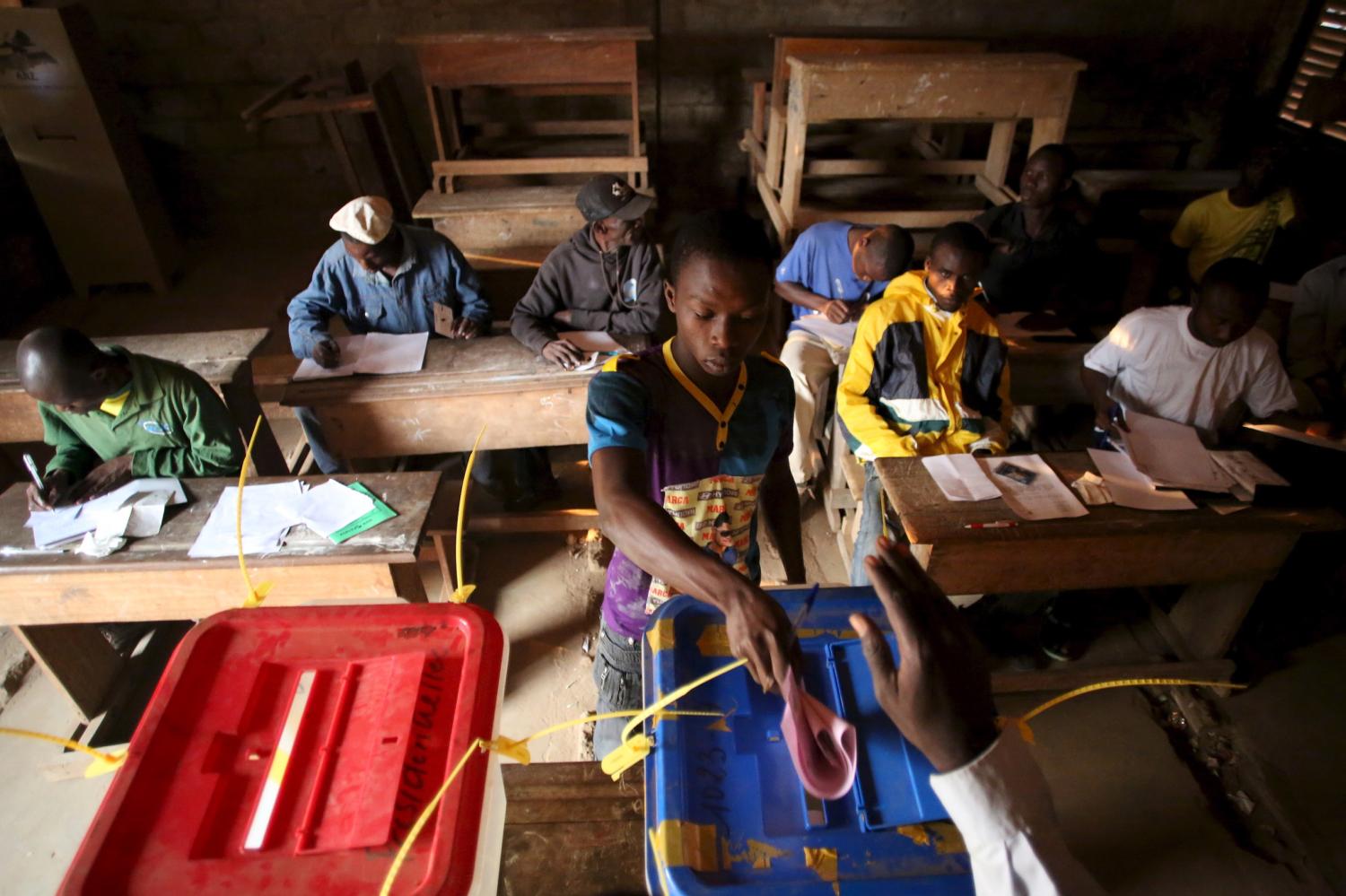
In chapter one, authors examine how good governance, elections, and institutions of democracy are advancing across countries. Much of Africa’s economic development depends on governance that serves the interest of ordinary citizens, advances democratic values, and quashes corruption. The wide age gap between leaders and populations, and the underrepresentation of women and young people underscore the need for inclusivity. In 2019, good governance with these goals in mind offers a path forward. Upcoming elections in countries like Nigeria and South Africa could strengthen democracy and governance systems, but only if inclusive and supported by civil society and the rule of law.
Managing debt and mobilizing resources
A delicate balance to sustain economic growth
One key risk threatening the region’s outlook is what many fear is a looming debt crisis. To sustain growth, many governments must balance between mobilizing financial resources for economic development and controlling indebtedness. The authors implore governments to update debt management frameworks and strategies accordingly and strengthen governance around tax revenue collection.
Harnessing Africa’s youth dividend
A new approach for large-scale jobs creation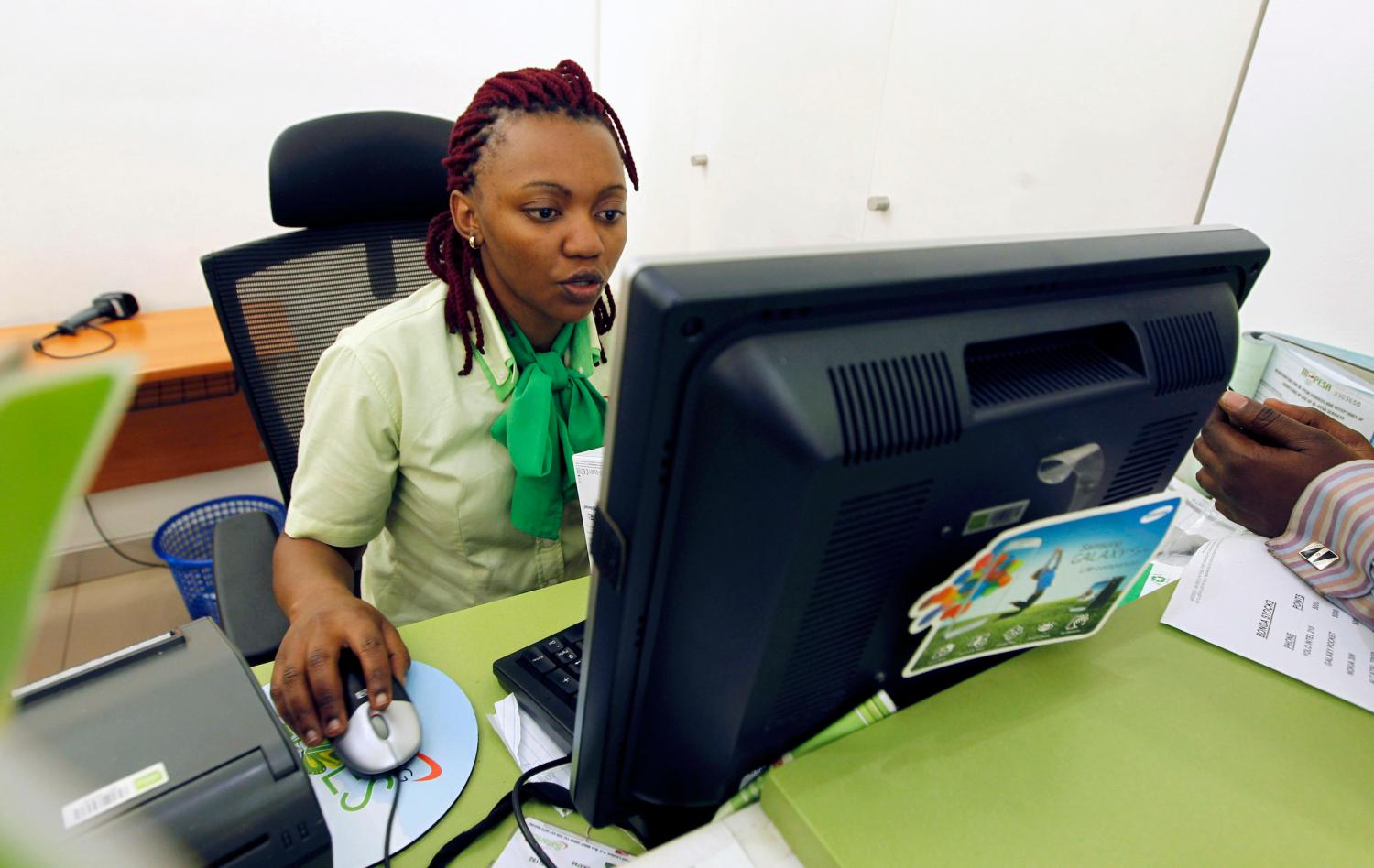
Africa’s working age population is growing rapidly, with estimations that the number of young people entering the region’s workforce will exceed that of the rest of the world by 2050. While this youth bulge is a potential economic boon, a stagnant industrial sector and the increasing adoption of labor-saving technologies in production present a massive hurdle to overcome before dividends can be realized. In chapter three, authors offer strategies for countries to secure large-scale employment opportunities for youth and for realizing the demographic dividend.
Fixing fragility
The role of the private sector and local institutions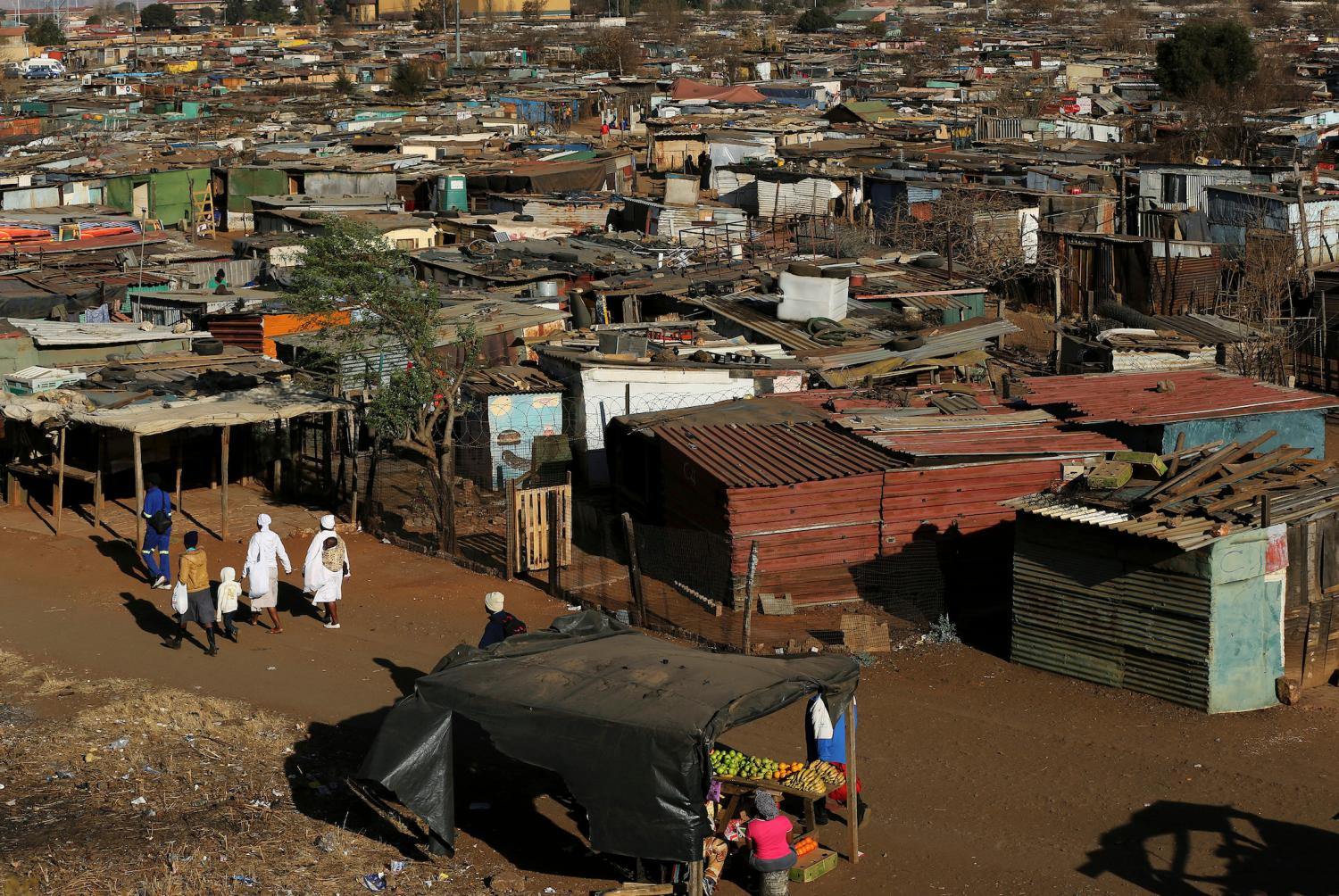
Although economic growth prospects bring hope, extreme poverty and state fragility prevails in part of Africa. In 2019, it is estimated that 70 percent of the world’s poor will live in Africa—mostly in Nigeria and the Democratic Republic of Congo. By 2030, 13 African countries will see an increase in extreme poor. Based on these forecasts, poverty will continue to strain government institutions and threaten stability. Climate change will exacerbate the challenge, with disproportionate effects on the Sahel and other unstable areas. In chapter four, authors argue for institutional changes and new approaches to eliminate poverty and fragility so no country is left behind. One recurring recommendation is for solutions anchored in private sector development.
Africa’s untapped business potential
Countries, sectors, and strategies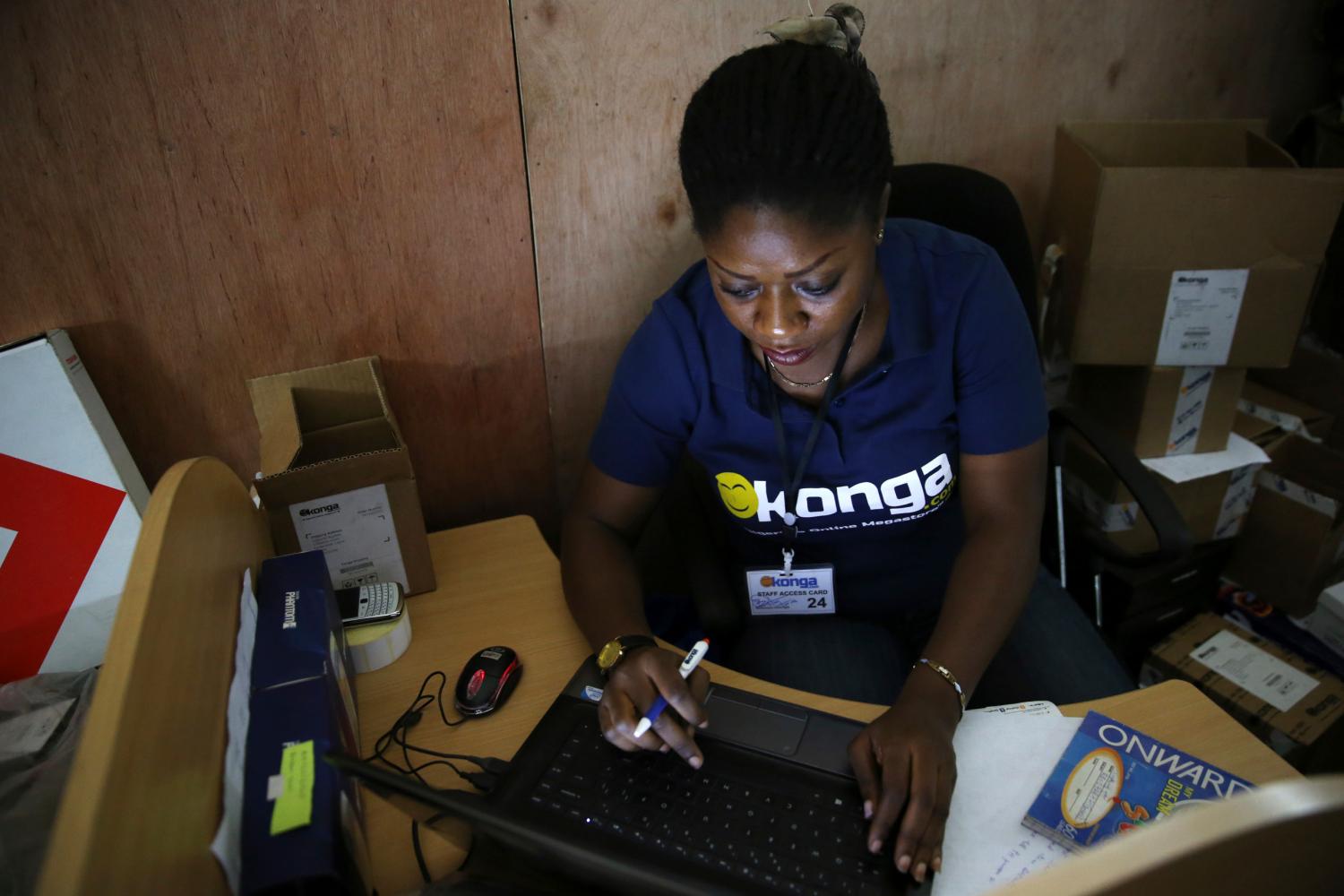
Though progress toward ending poverty remains frustratingly slow, massive opportunities exist for the private sector in African markets, and if seized wisely, that business promise could help many climb the income ladder toward greater prosperity. The middle class is expanding, with businesses jumping at the chance to meet their consumption needs. Africa’s population is young, fast growing, and increasingly urbanized, with rapid technology adoption making the continent fertile for innovation. Economic dynamism in many parts of the region is generating business opportunities in infrastructure, housing, health, financial services, and other areas. In chapter five, authors document why Africa is the world’s next big growth market and offer strategies to successfully navigate the region’s business landscape.
Boosting trade and investment
A new agenda for regional and international engagement
On the trade and investment front, the African Continental Free Trade Agreement stands to knock down barriers to intra-continental trade and investment, thus accelerating industrialization, and economic diversification and inclusion. Globally, Africa continues to attract interest from the economic powerhouses like the U.S. and China. In chapter six, authors assess the potential and implications of the new free trade area.
